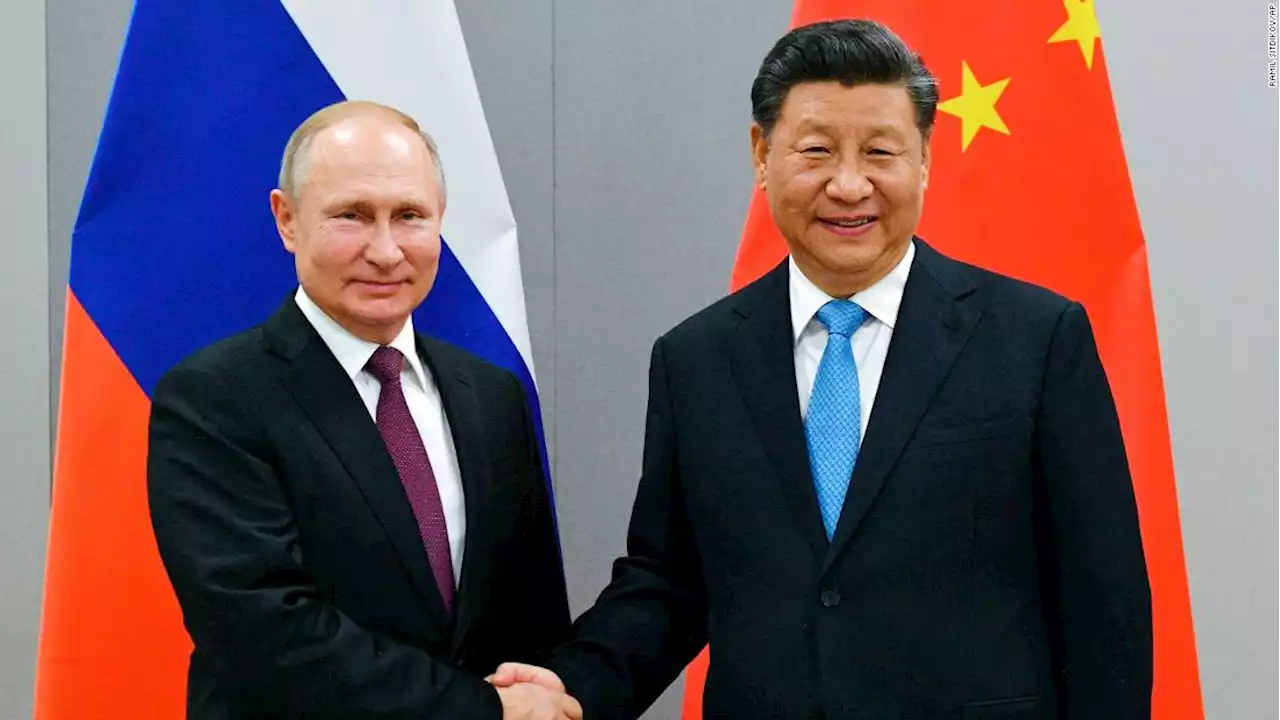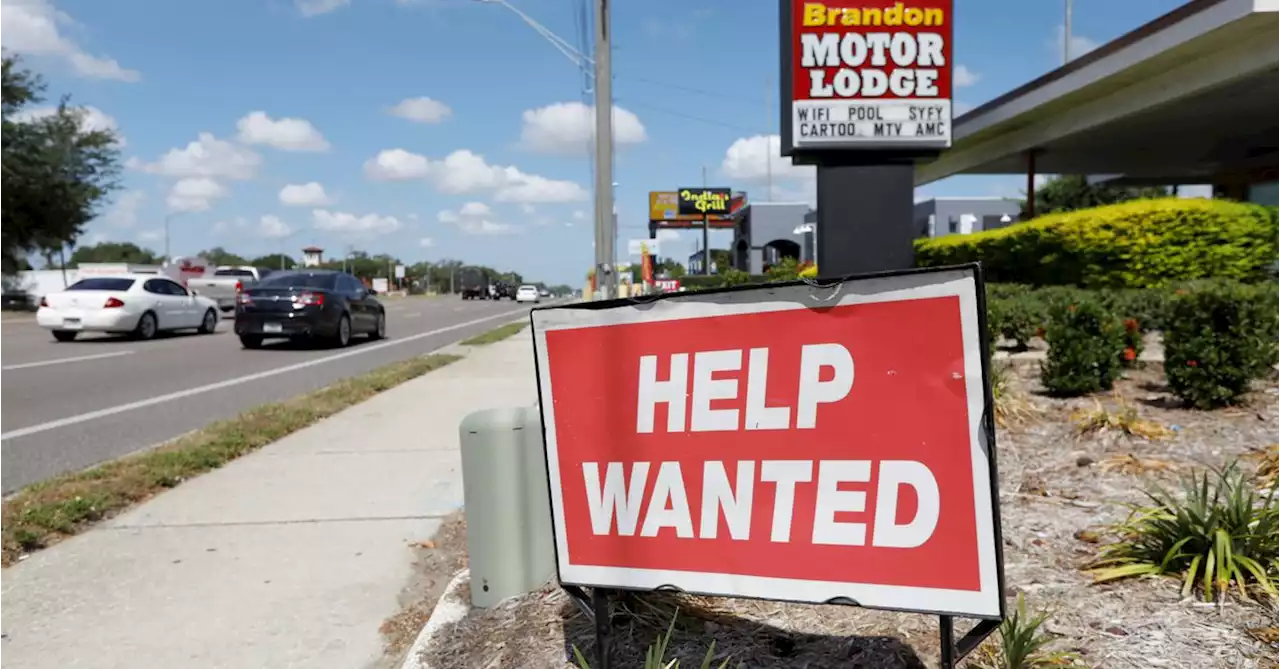The U.S. Federal Reserve is belatedly reacting to high inflation. Whether or not Chair Jerome Powell manages to tame worrying price pressures, his rhetoric and actions are pushing up interest rates in poorer countries at a speed not seen in more than a decade. That spells real trouble for emerging markets and lower-income countries, which are already groaning under the weight of large sovereign debts.
The 1980s debt crisis in Latin America played out in the same manner. The Fed took robust and necessary action that ended up triggering debt crises in emerging economies overburdened with debts. In 2022, emerging economies face a quadruple hit. These countries are grappling with the pandemic with lower vaccine access and take-up rates, and very high mortality rates, exacerbated by the Delta and Omicron variants. They are experiencing a slower economic rebound.
How big a problem is this debt distress and fiscal shock? The International Monetary Fund has warned of economic collapse in some low-income countries. This affects huge numbers of people across the globe. 60% of the world’s poorest countries are either at high risk of, or already in, debt distress, double the share in 2015, according to IMF Managing Director Kristalina Georgieva. The countries affected range from Chad, Ethiopia, Gambia, Kenya and Zambia to Afghanistan and Tajikistan.
A debt service suspension initiative that was designed to offer a temporary freeze in payments to low-income countries expired at the end of 2021. What these nations now need is, with accelerated debt restructuring talks involving public and private creditors. Such talks are never easy, and all sides must come to the table willing to be flexible and face some pain to get deals that are manageable and acceptable to everyone.
Creditors should not wait for disaster to act, for the real human cost is too high. And lenders should be willing to renegotiate. Private creditors must engage and face reality, while sovereign lenders, such as China, must step forward. If large players in either of these two groups refuse to deal with the debt distress, the outcomes will be worse for all concerned.
Norge Siste Nytt, Norge Overskrifter
Similar News:Du kan også lese nyheter som ligner på denne som vi har samlet inn fra andre nyhetskilder.
 Radio Broadcasters Need to Get Their Story Straight on Creator Compensation (Guest Op-Ed)“While the NAB has the right to represent its members’ interests, it cannot do so credibly when pushing for two hypocritical positions in two different hearings on the very same day in Congress.&8…
Radio Broadcasters Need to Get Their Story Straight on Creator Compensation (Guest Op-Ed)“While the NAB has the right to represent its members’ interests, it cannot do so credibly when pushing for two hypocritical positions in two different hearings on the very same day in Congress.&8…
Les mer »
 China’s Olympics Guest List Highlights Tensions With WestWhile some Western democracies have called for a diplomatic boycott of the Winter Olympics, Russia’s Vladimir Putin and Saudi Arabia’s Crown Prince Mohammed bin Salman will be among those attending Friday’s opening ceremony
China’s Olympics Guest List Highlights Tensions With WestWhile some Western democracies have called for a diplomatic boycott of the Winter Olympics, Russia’s Vladimir Putin and Saudi Arabia’s Crown Prince Mohammed bin Salman will be among those attending Friday’s opening ceremony
Les mer »
 Joy Behar Told This 'The View' Guest Host She Was 'Talking Too Much' — Best LifeWhen Lisa Ling rejoined 'The View' panel after 20 years away, panelist Joy Behar warned her about something during a commercial break.
Joy Behar Told This 'The View' Guest Host She Was 'Talking Too Much' — Best LifeWhen Lisa Ling rejoined 'The View' panel after 20 years away, panelist Joy Behar warned her about something during a commercial break.
Les mer »
 Xi's Olympic guest list heavy on strongmen and autocratsWhen China's leader Xi Jinping opens the Beijing Olympics he will be flanked by leaders who are unlikely to quell the chorus of concerns the Games are bolstering an authoritarian regime.
Xi's Olympic guest list heavy on strongmen and autocratsWhen China's leader Xi Jinping opens the Beijing Olympics he will be flanked by leaders who are unlikely to quell the chorus of concerns the Games are bolstering an authoritarian regime.
Les mer »
 Breakingviews - U.S. jobs growth gives Fed cover on rate hikesThe U.S economy is learning to live with Covid-19. Even with virus cases peaking in January due to Omicron, employers added a healthy 467,000 jobs last month, the Labor Department said on Friday. Moreover, December’s increase in payrolls was revised up to 510,000 from an initial estimate of 199,000. Meanwhile wages rose 5.7% from a year earlier, almost double the sort of increases that were seen before the pandemic when the labor market was also tight. All this gives the Federal Reserve, which has hit a four-decade high of 7%.
Breakingviews - U.S. jobs growth gives Fed cover on rate hikesThe U.S economy is learning to live with Covid-19. Even with virus cases peaking in January due to Omicron, employers added a healthy 467,000 jobs last month, the Labor Department said on Friday. Moreover, December’s increase in payrolls was revised up to 510,000 from an initial estimate of 199,000. Meanwhile wages rose 5.7% from a year earlier, almost double the sort of increases that were seen before the pandemic when the labor market was also tight. All this gives the Federal Reserve, which has hit a four-decade high of 7%.
Les mer »
 The Fed’s five rate hikes ‘too much for market to bear,’ Ex-Treasury economist saysFormer Treasury Department economist David Beckworth argues against multiple rate hikes in an economy that's already slowing.
The Fed’s five rate hikes ‘too much for market to bear,’ Ex-Treasury economist saysFormer Treasury Department economist David Beckworth argues against multiple rate hikes in an economy that's already slowing.
Les mer »
